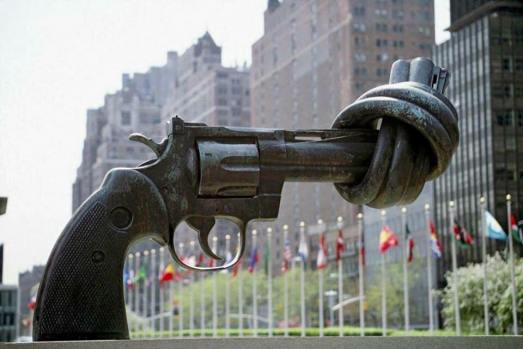“What is it you plan to do with your one wild and precious life?” – Mary Oliver
Sometimes I completely identify with Mary Poppins: she showed up when she was needed and knew when it was time to go. So it was when I worked at Wolfe-Simon Medical Associates for 16 years, and so it is now with UrbanPromise after 6 years. I began discerning last summer that perhaps my commitment to Urban would shift; I had a deep sense that God was saying to me, “you did what I called you to do.” I didn’t speak of this immediately because I wanted to be sure; the truth of this discernment has revealed itself in the past year. Principals, teachers and program directors are embracing trauma-informed initiatives like helping kids regulate when they are upset, integrating brain breaks and breath practices between subjects, and appreciating better nutrition options, so that my work has no longer felt like an “uphill battle”. Our children now eat breakfast every morning in their classrooms and are served food that they love at lunch. They learn how to cook healthy meals and learn about better eating. Our high school has recess again! 20 minutes of movement before lunch. It also has become increasingly clear that we need another counseling presence at Urban. Libby, our one mental health clinician, is amazing, making differences in children’s lives daily. But she can’t begin to reach everyone who needs help because for her to be effective, she needs to build therapeutic and safe relationships, which only happen over time and with significant emotional labor on her part.
Reaching parents is the next level that the Wellness Center needs to go so that we can begin to shift how our youth are nurtured at home. In this area I have failed, and I fully own that. It has been a challenge to build safe relationships with parents to the point that we can discuss parenting approaches, as well as the social determinants of health which need to be addressed, like stable housing. Enter Siomara Wedderburn, MSW! Sio is a dynamic ball of energy who grew up through UrbanPromise, starting as a StreetLeader at 14. She went on to become a social worker and worked in child welfare for 10 years before returning to Urban. She was the first social work intern at Urban, the year before I started the Wellness Center, and she often says, “we can never go back to the days before being trauma-informed!” Sio has been the director of our Children and Youth Ministry for the past two years but misses the opportunity to counsel: she is truly a healer. She has taken the first level of trauma education courses that I am just finishing; having grown up in Camden she is a part of the fabric of the UrbanPromise community and knows many of the parents. She has the respect of our staff and I couldn’t dream up a better person to deepen the work of the Wellness Center if I tried.
I have often wondered why God called an adult nurse practitioner to start the Wellness Center…I think the answer is that I could recognize the needs of the adult staff as well as the youth. I continue to feel called to do this, to nurture the nurturers, so the plan is that in 6 months to a year I am going to transition onto the UP board, where I hope to advocate for our staff needs. In the meantime, I will remain involved, advising Sio and leading staff training, and, of course, providing work physicals for our StreetLeaders so that’s one less barrier to employment they have to face. I also want to help our other UrbanPromise sites to become trauma-informed…first stop: Malawi! It’s where you can find me in July.
This move feels deeply right to me and I remain committed to our ministry, while being really excited at imagining what Sio can accomplish as someone who is indigenous to Camden. I pray that you feel this with me and will continue to support our Wellness Center through your financial sponsorships as well as through prayer. Together we are creating the healing community needed to empower our youth with the tools they need to become our next generation of leaders.

Libby, myself and Sio at An Evening Under the Stars, June 2018

 Pause for a moment and take a breath before you read this. See if you can hold judgment, if your heart can soften and open, if you can read without needing to respond immediately. I invite you to just take this in.
Pause for a moment and take a breath before you read this. See if you can hold judgment, if your heart can soften and open, if you can read without needing to respond immediately. I invite you to just take this in.



 Support the UrbanPromise Wellness Center
Support the UrbanPromise Wellness Center


